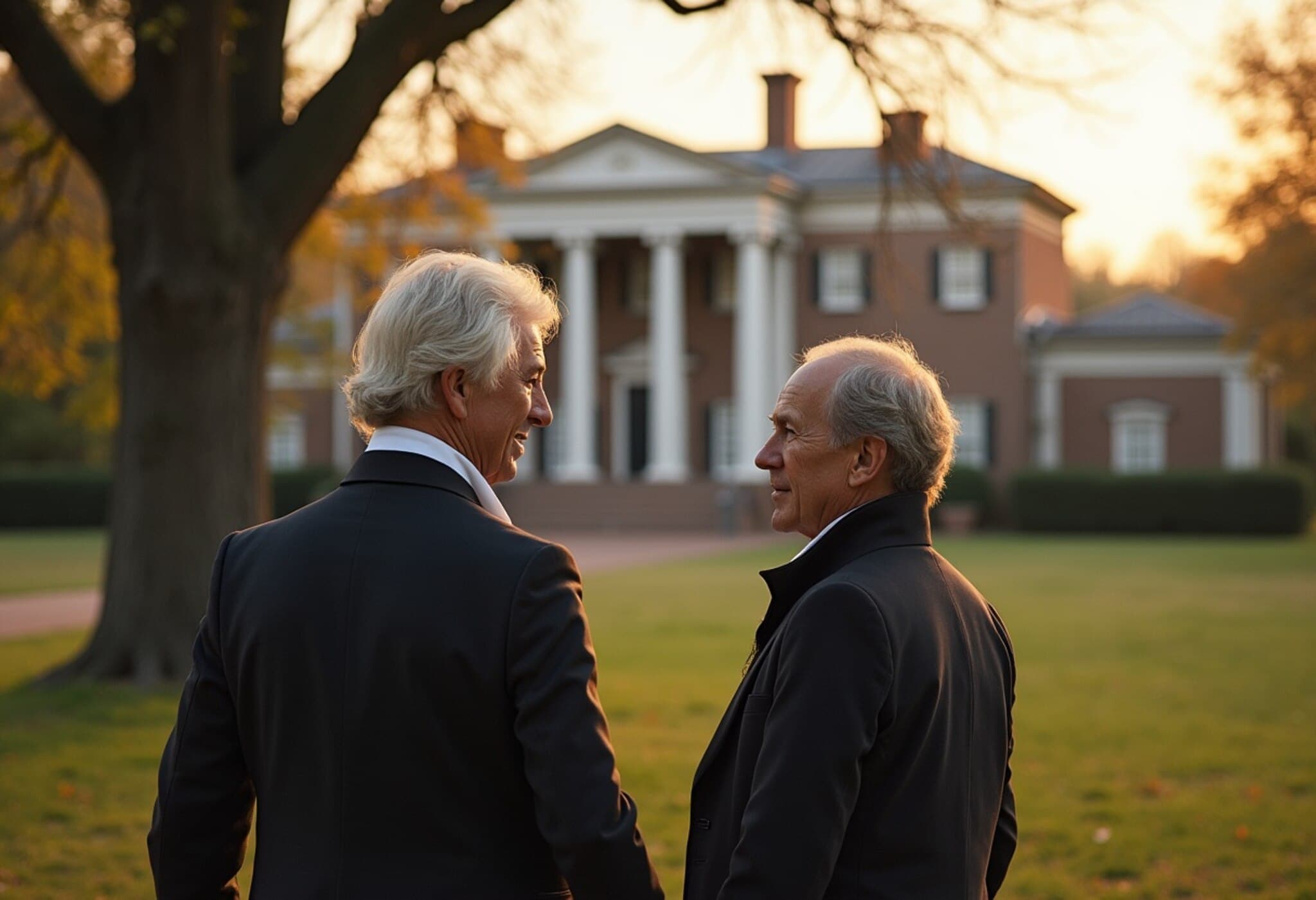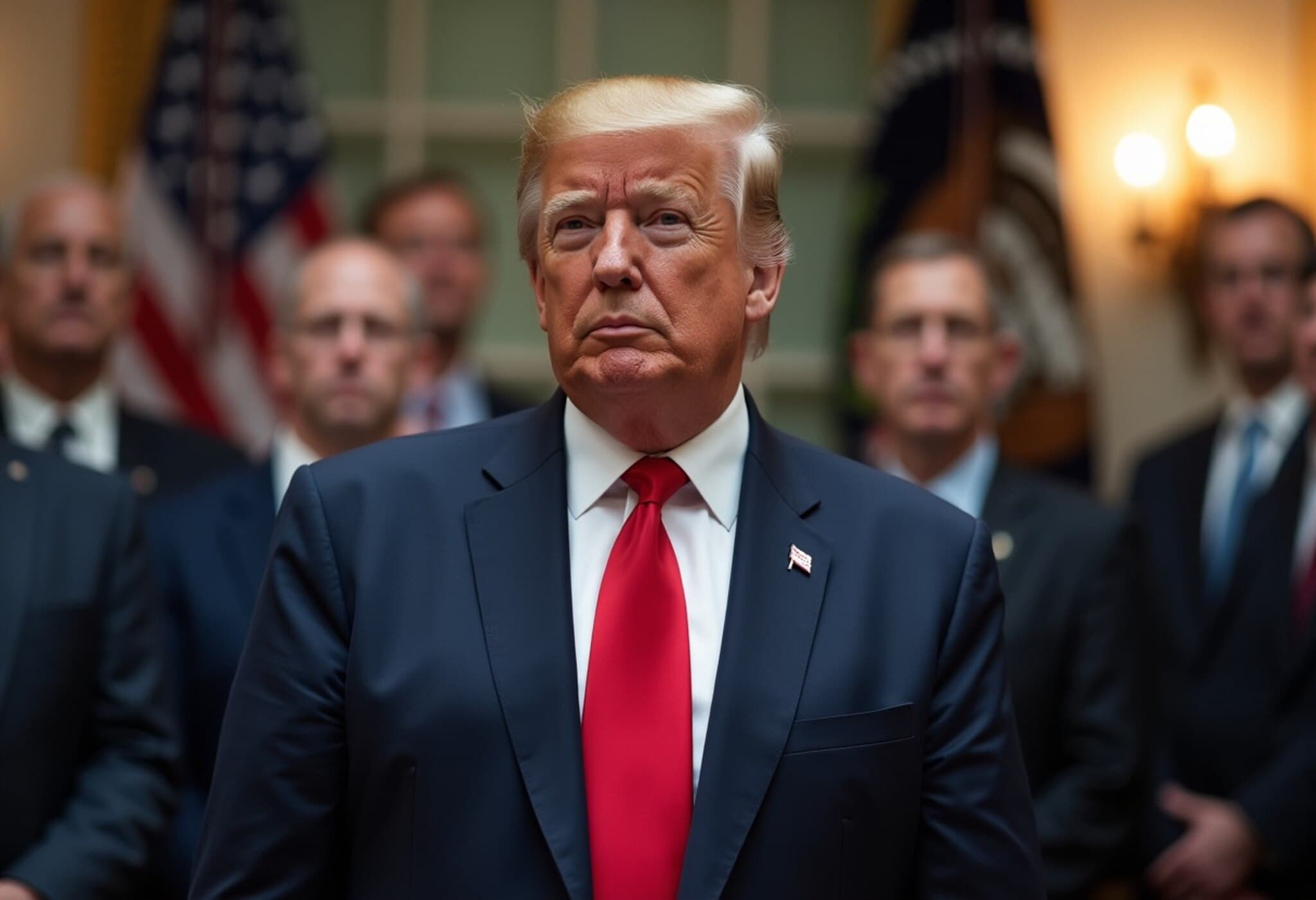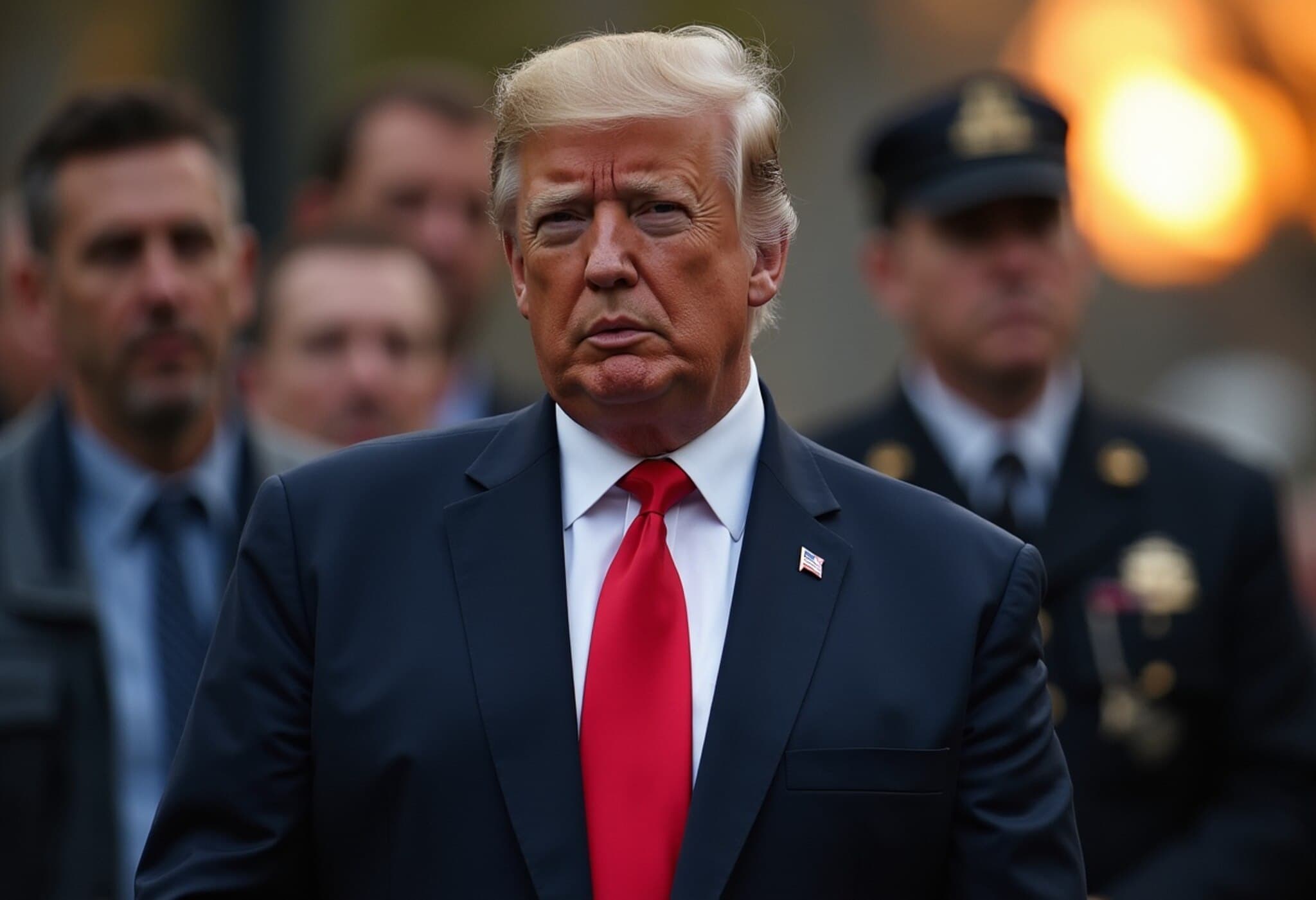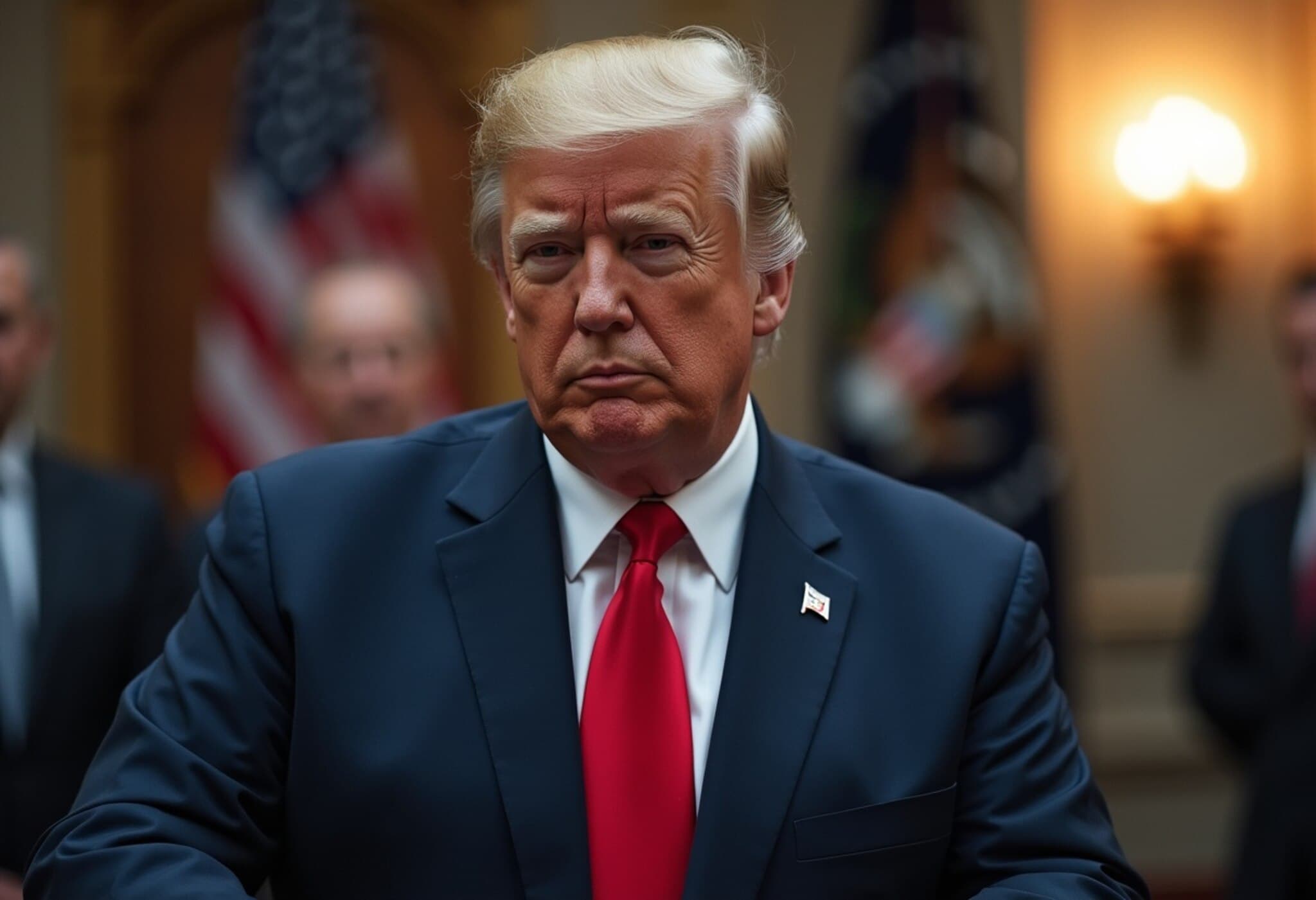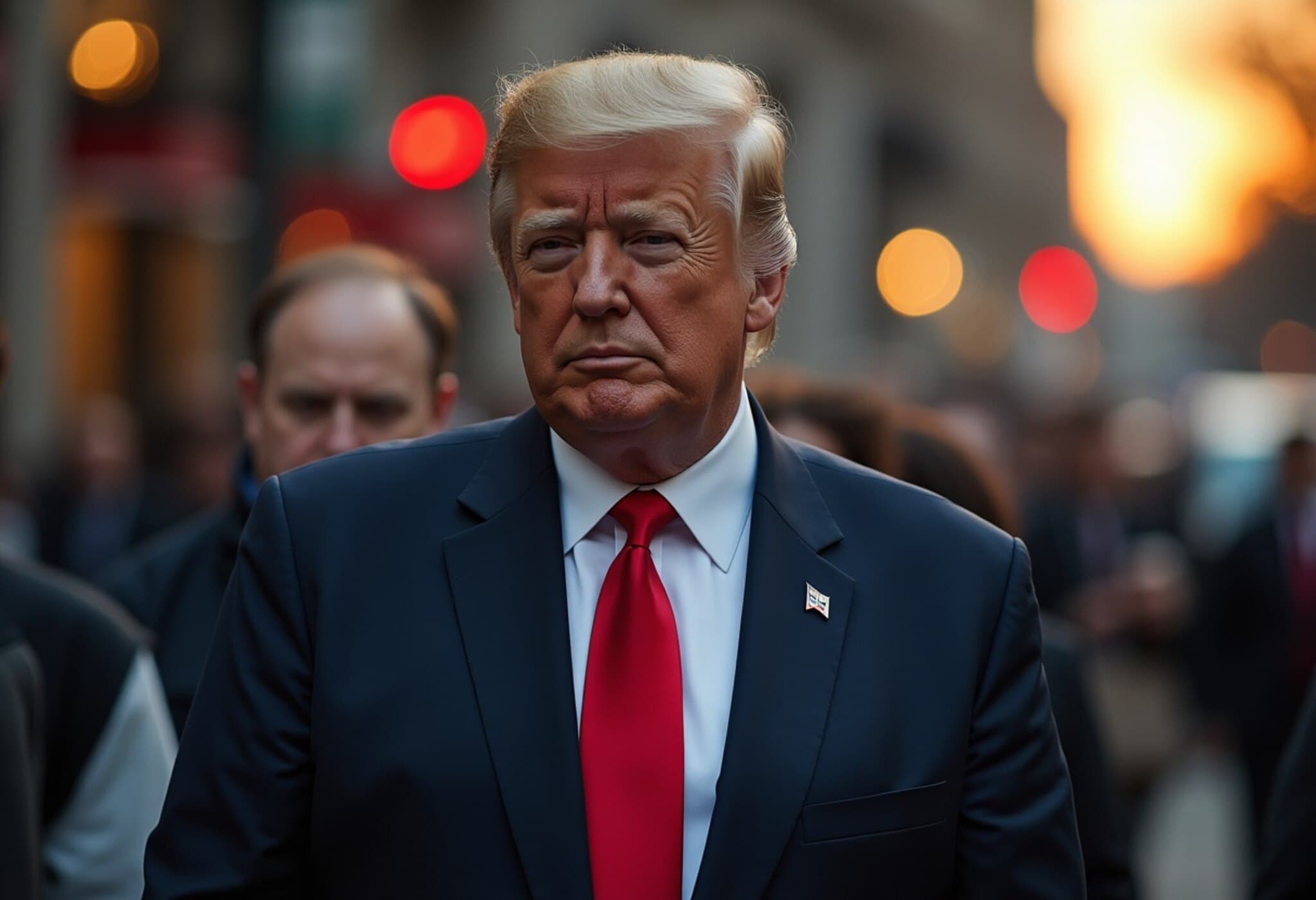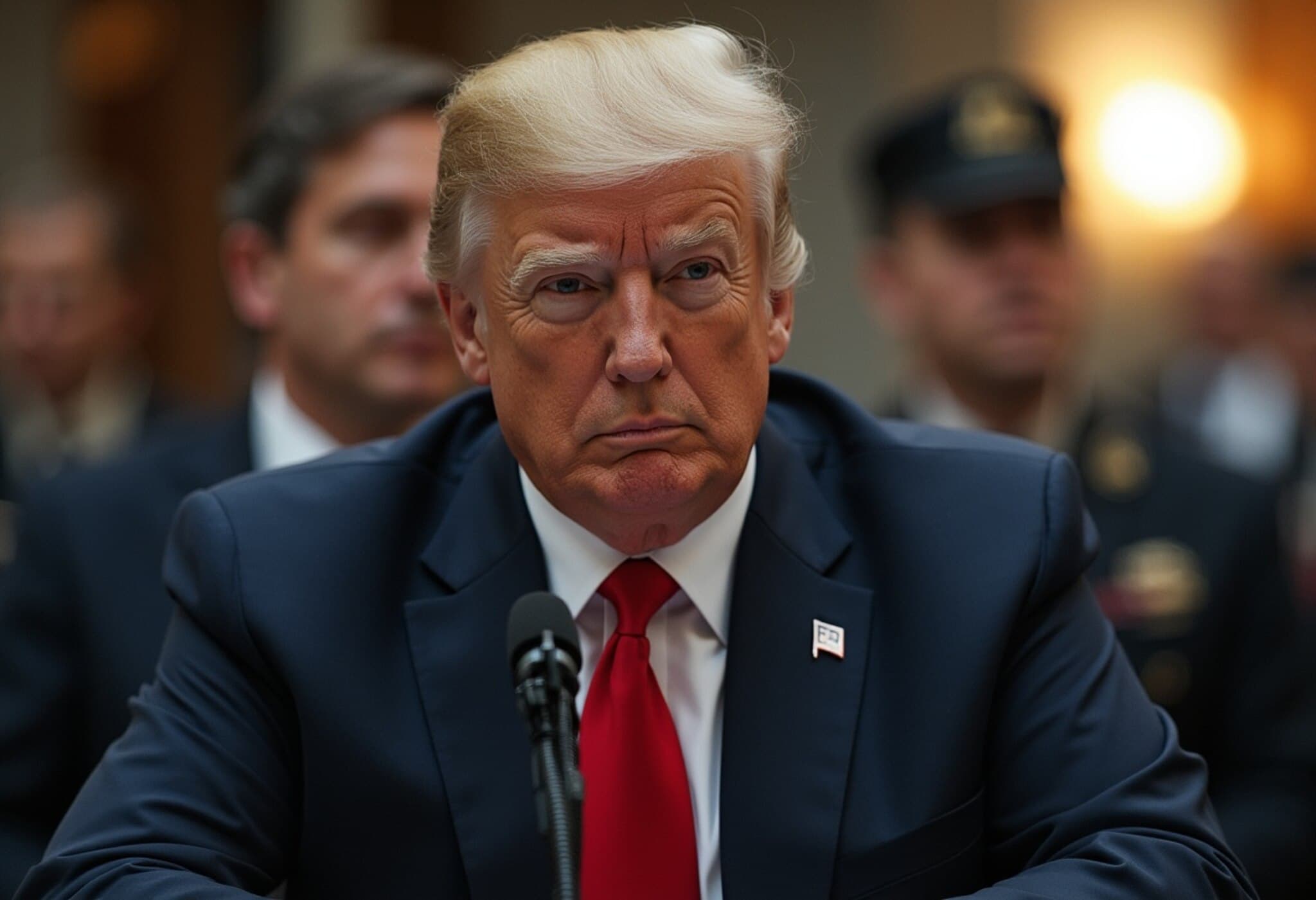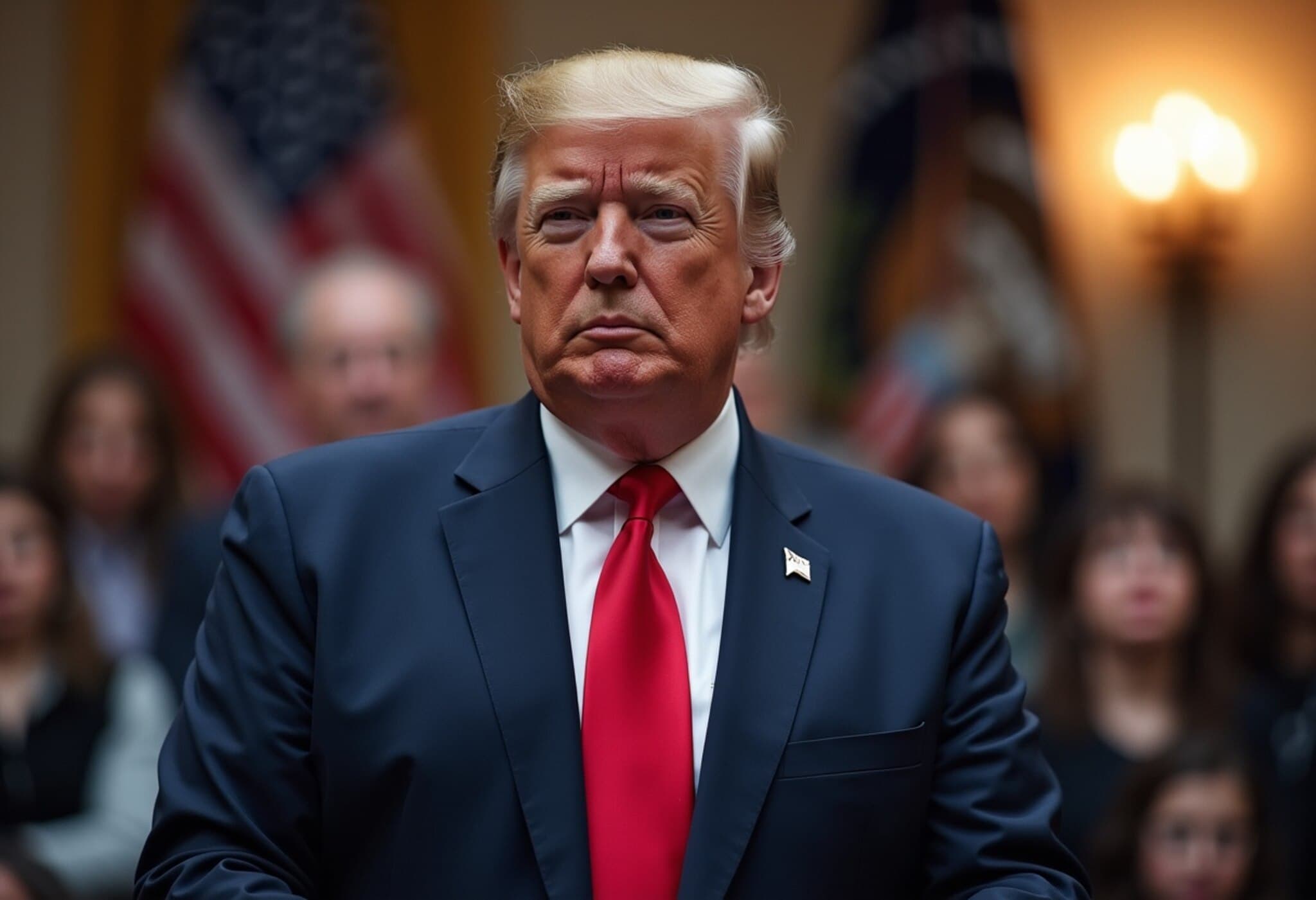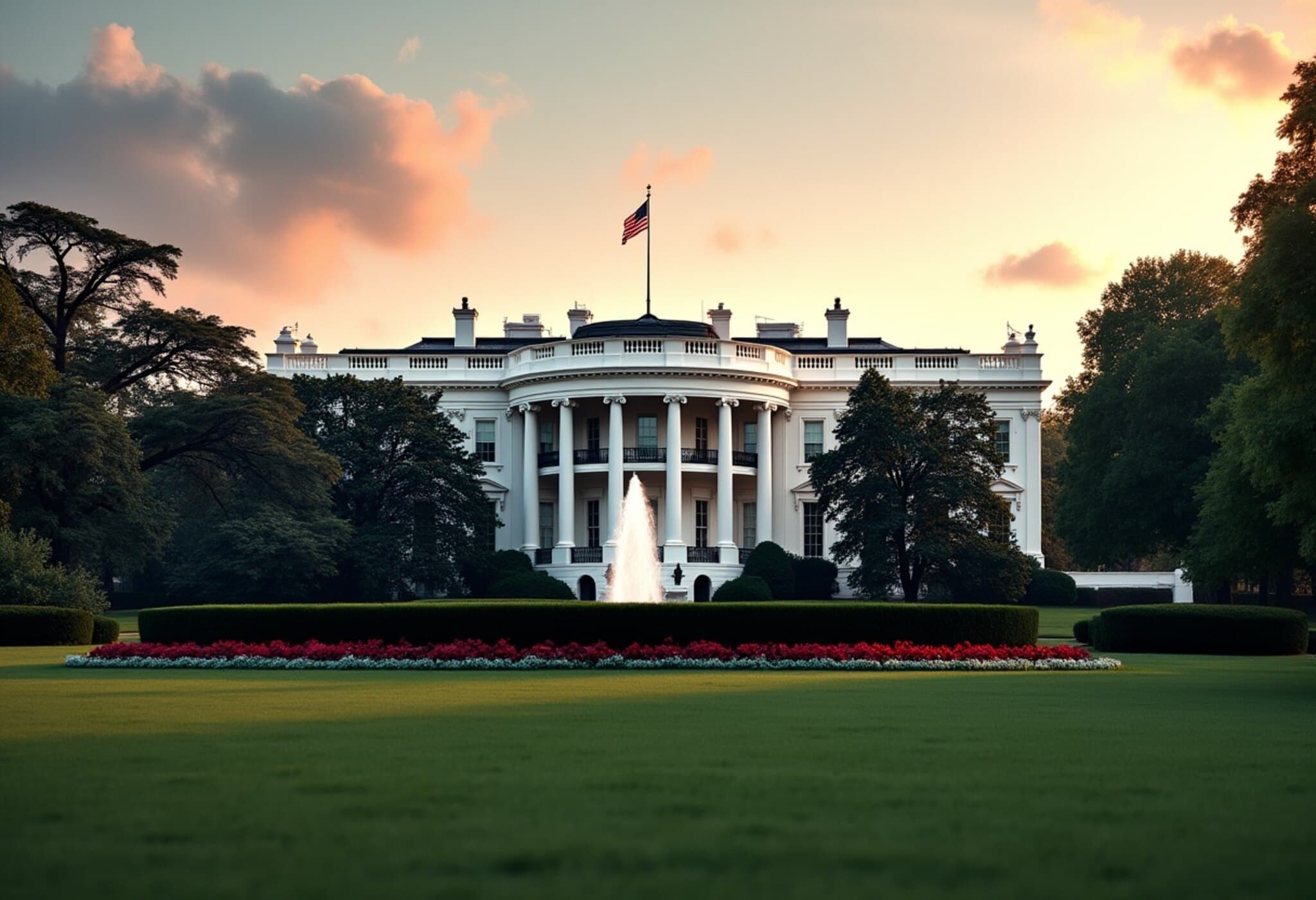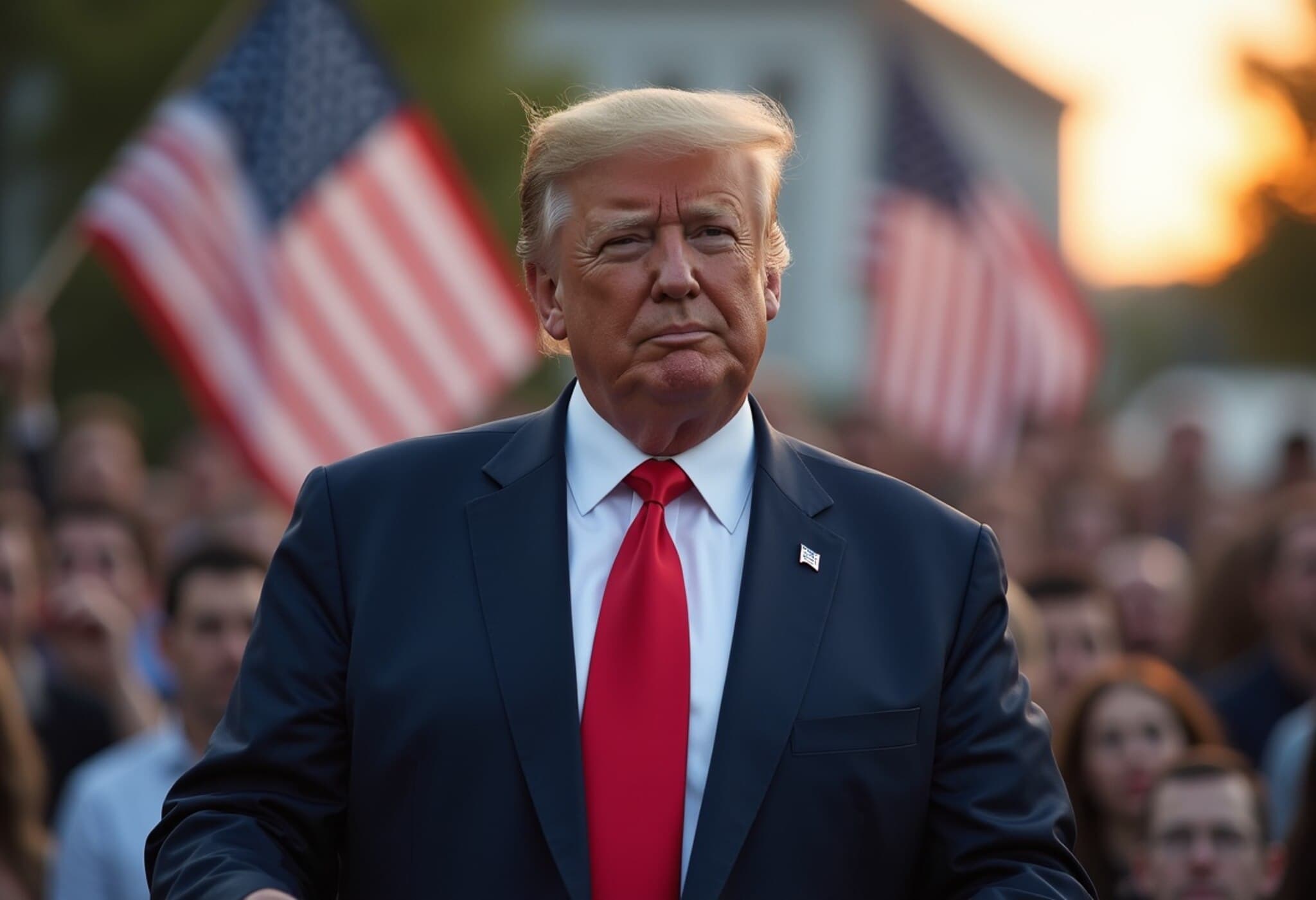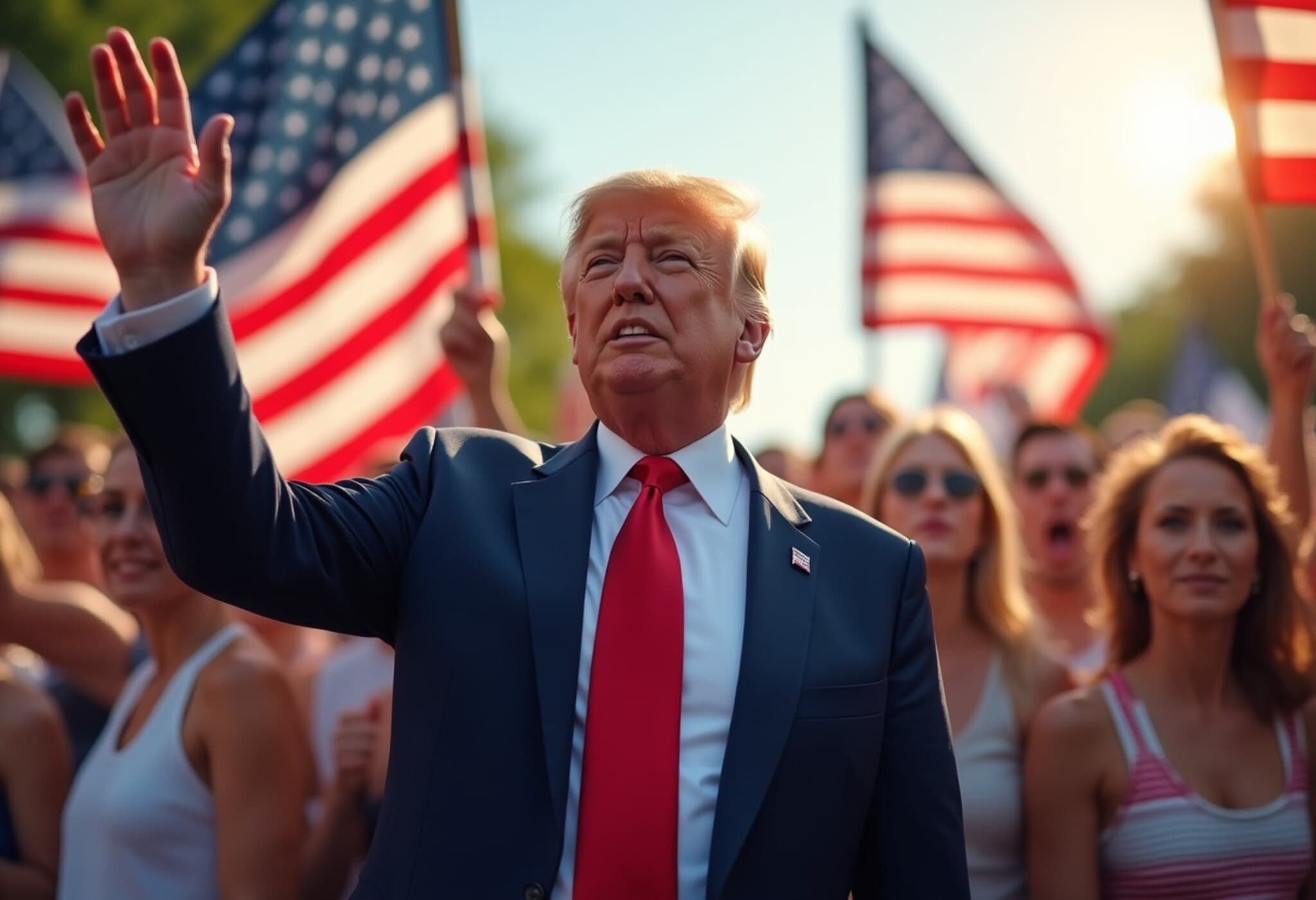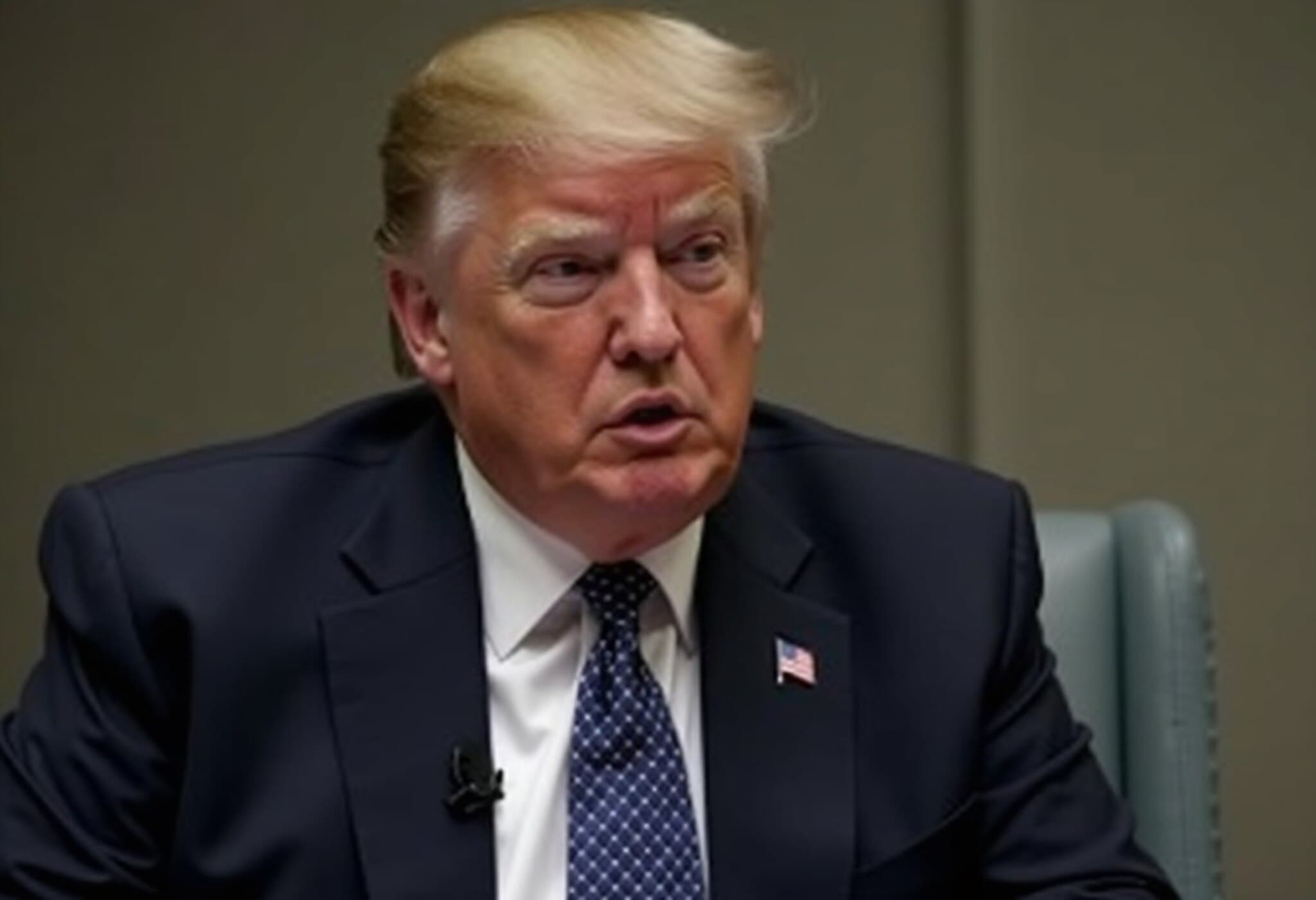A Shift in the American Psyche: Trump and the Fourth of July
Every Fourth of July, Americans gather to celebrate a shared mythology of freedom, unity, and the promise of progress. But in 2024, on the heels of Donald Trump’s re-election, these traditions reveal fractures that threaten to undo the very ideals the holiday represents.
Returning to the MAGA-stronghold of Lake Almanor, California, after the electoral victory that saw Trump claim this county by nearly 17 points, the scene is both familiar and unsettling. The annual golf cart parade—a quintessentially kitsch expression of Americana—is transformed: American flags are increasingly replaced by MAGA banners and oversized inflatable Trump figures. This visual takeover signals more than political preference; it embodies a grimmer reality for many communities.
When Patriotism Gets Redefined
Born and raised in a small South Carolina town, I’m well acquainted with American traditions: barbecues, pie contests, and fireworks igniting the night sky. Yet this year diverged starkly from that collective spirit. While fireworks burst overhead, Trump signed a sweeping legislative bill into law—branded by supporters as “big, beautiful”—that slashes essential healthcare and food assistance for millions of Americans who live in poverty. This bill offers further tax breaks to the nation’s wealthiest, amplifying deep economic divisions.
Analysts estimate that between 11 and 18 million Americans could lose health insurance coverage as a direct consequence, with rural hospitals facing financial strain due to lowered tax revenues. For communities like Lake Almanor, whose loyalty to Trump remains steadfast, this legislation is a paradox: they support a leader whose policies may jeopardize their very well-being.
The Irony of Loyalty Amid Growing Hardship
This paradox exposes the pain beneath the spectacle. The once seemingly playful fascination with Trump—the kitschy rallies, saturated social media memes, and the personality cult—has faded into a sobering reality check. Polls show majority public disapproval of the new bill, pointing to a disconnect even within the president’s base.
Democrats have long been accused of losing touch with rural America. Yet in this moment, the problem isn’t estrangement but a painful revelation that Trump and his party have never truly prioritized the interests of the working-class communities they claimed to champion. Instead, the new legislation shines a light on a harsh truth: policies are being advanced that endanger the healthcare and economic security of the very same people who elevated Trump to power.
Redefining Patriotism in a Divided Nation
The spectacle of patriotism, too, has become contested ground. True patriotism is about elevating universal ideals—justice, equality, and progress—not rallying around a personality defined by grievance and exclusion. Across the country, protests and movements advocating for diversity and equity signal the kind of patriotism that seeks to unify, rather than divide.
The disconnect is stark: the flags flying over golf carts in Lake Almanor symbolize not the enduring spirit of American democracy but a retreat into a nostalgic vision of a country that may never have truly existed. This retreat is both a political and moral crisis.
Expert Insight: The Stakes for America’s Future
From a policy perspective, the bill’s implications are staggering. Adding some $3 trillion to the national debt while undermining rural healthcare access could have lasting repercussions well beyond the immediate term. The economic fallout may deepen rural poverty and catalyze greater social instability.
Moreover, this moment forces a critical national reckoning: How can American democracy reconcile a populace that ardently supports policies that may harm their own communities? Is the allure of identity politics and charismatic leadership overshadowing hard policy realities?
Editor's Note: A Nation at a Crossroads
America’s relationship with Donald Trump has evolved from quirky fascination to a profound existential challenge. This isn’t merely about a politician or policy; it is about what kind of country Americans envision for themselves and future generations.
As communities grapple with the consequences of recent legislation, the question lingers: Will we reaffirm our highest ideals by demanding accountability, or continue down a path where spectacle eclipses substance, and loyalty blinds us to self-harm?
Cory Alpert, a former Biden-Harris administration staffer and democracy researcher at the University of Melbourne, urges readers to look beyond the headlines and question what progress truly means in America today.


